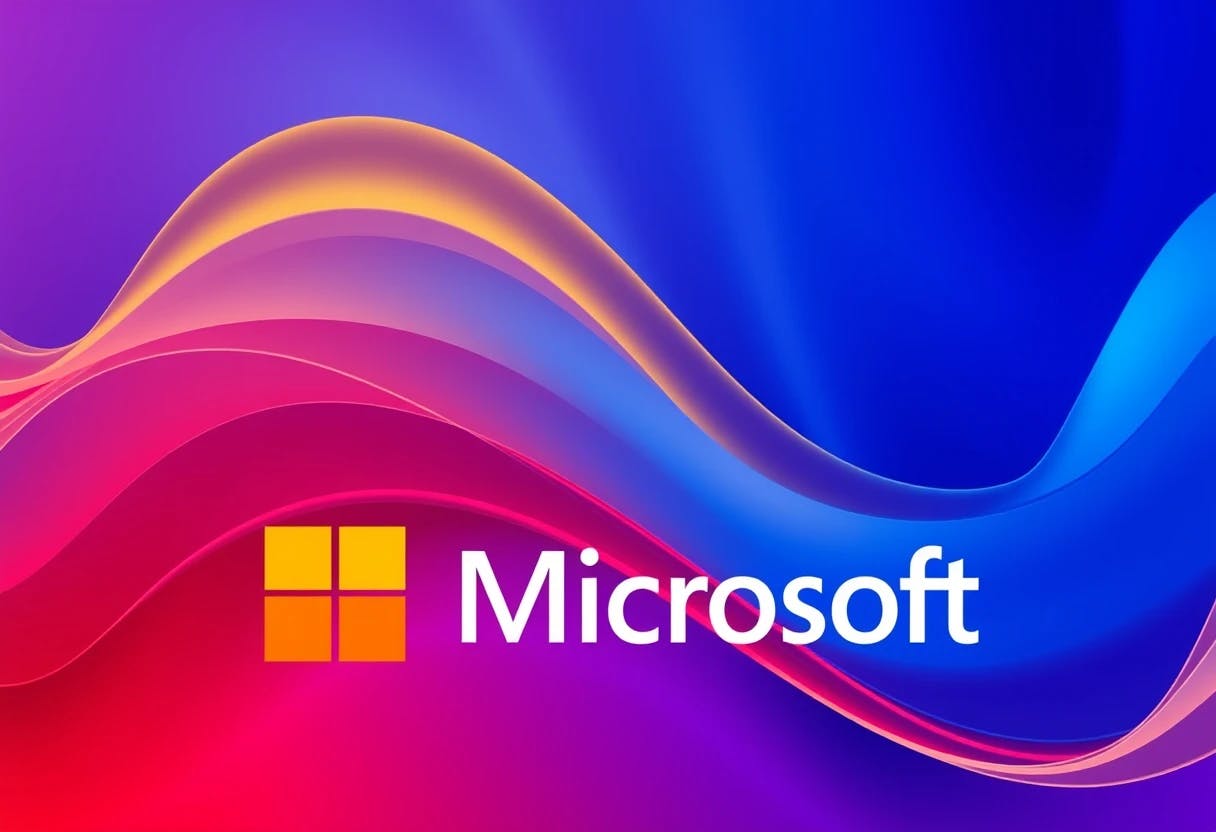Elon Musk v OpenAI, Court Filing, retrieved on April 30, 2024, is part of HackerNoon’s Legal PDF Series. You can jump to any part of this filing here. This part is 8 of 29.
E. Microsoft’s Involvement
86. Even early on, Microsoft, which was working on developing its own AI, was keen to exploit OpenAI, Inc. But as the non-profit had no shareholders and Microsoft could not simply purchase influence, it sought to obtain leverage in other ways by, for example, enticing OpenAI, Inc. to use and become inextricably dependent on Microsoft’s cloud computing system.
87. In September 2016 Microsoft offered to sell “compute” to OpenAI, Inc. at a steep discount (calling the difference in market price a “donation”) if the non-profit would agree to publicly promote Microsoft’s products. Musk rejected the “donation” and marketing ploy, writing to Altman: “This actually made me feel nauseous. It sucks and is exactly what I would expect from them.” The deal eventually went through, but without marketing gimmicks and at a more fulsome price.
88. While Musk expressed a liking for Microsoft’s CEO Satya Nadella (“Nadella”), the values of the company and OpenAI, Inc. did not align. Whereas Musk was concerned that AI posed an existential danger to humankind and the technology should be decentralized and open, Nadella and Microsoft’s cofounder Bill Gates minimized Musk’s concerns as “panic” and too far off in the future.
89. Musk wrote: “History unequivocally illustrates that a powerful technology is a double-edged sword . . . The recent example of Microsoft’s AI / / / / / / chatbot[2] shows how quickly it can turn incredibly negative. The wise course of action is to approach the advent of AI with caution and ensure that its power is widely distributed and not controlled by any one company or person. That is why we created OpenAI.”
90. Over the course of the next few years and continuing to today, Microsoft methodically entrenched itself further into OpenAI, Inc., gaining increasing leverage over the non-profit, its technology, and employees in lockstep with Defendants.
Continue Reading Here.
About HackerNoon Legal PDF Series: We bring you the most important technical and insightful public domain court case filings.
This court case retrieved on August 05, 2024, deadline.com is part of the public domain. The court-created documents are works of the federal government, and under copyright law, are automatically placed in the public domain and may be shared without legal restriction.
[2] Referring to the incident where Microsoft’s chatbot began posting inflammatory and offensive tweets through its Twitter account, causing Microsoft to shut the service down just 16 hours after its launch.

